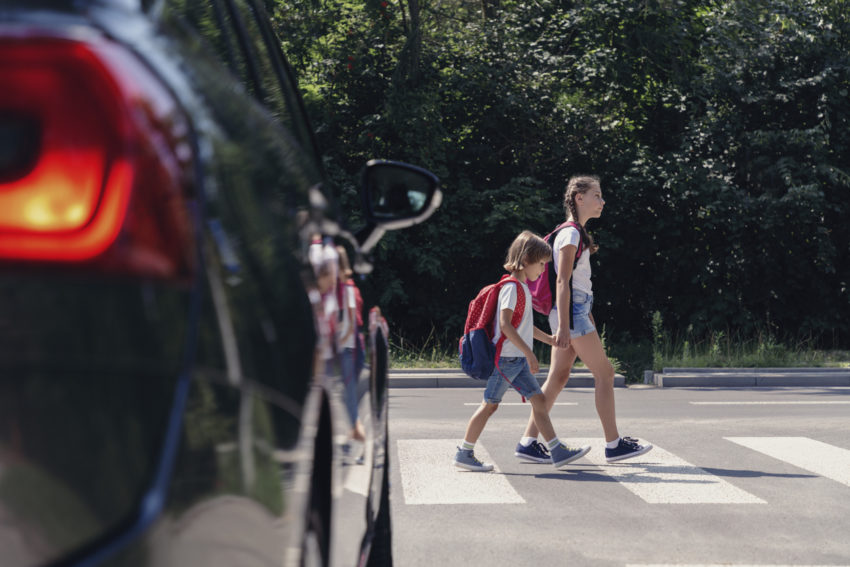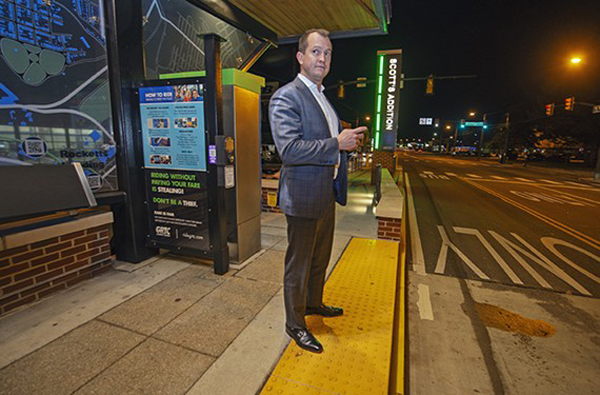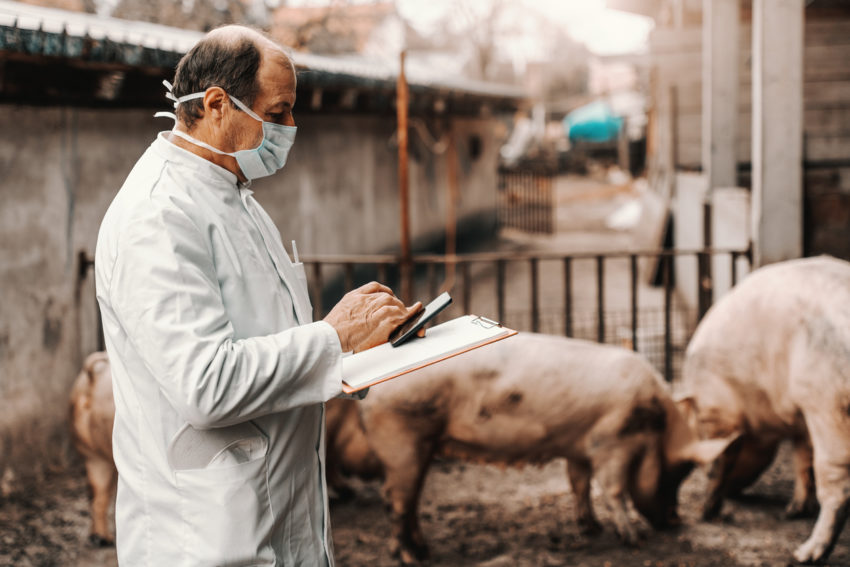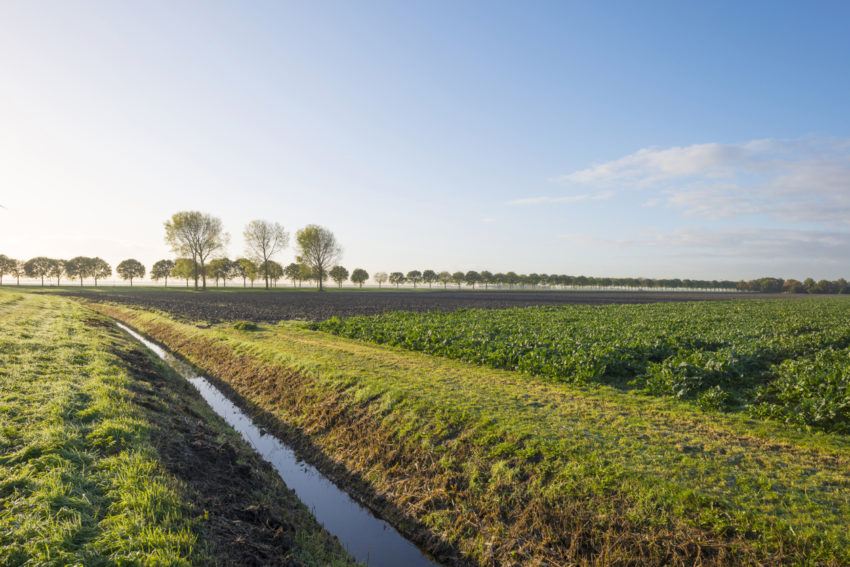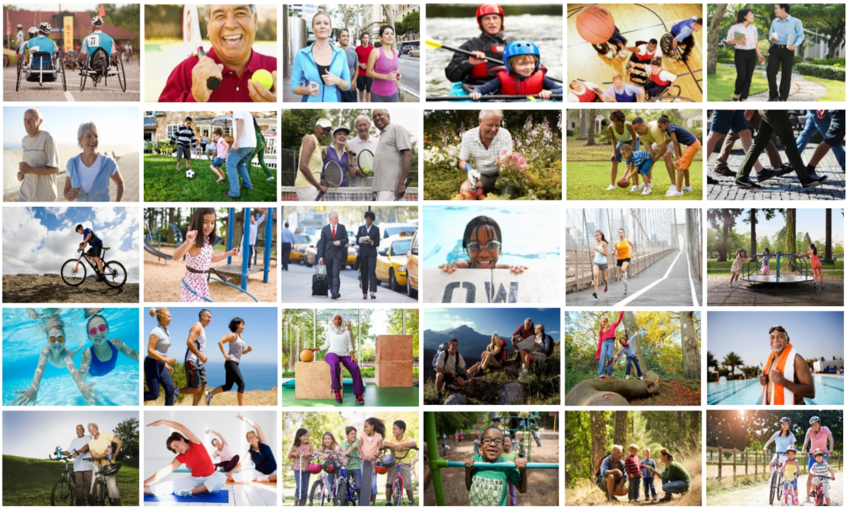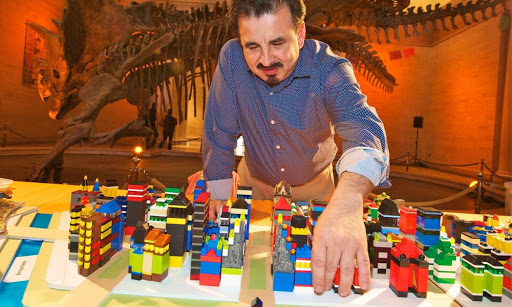9 Big Questions as California Starts to Screen Kids for Trauma, ACEs

Early childhood adversity like abuse and divorce is a root cause of many of the greatest public health challenges we face today. But doctors don’t even screen children for exposure to adversity. That’s changing in California, thanks to Dr. Nadine Burke Harris and other child advocates. As of Jan. 1, 2020, almost 100,000 physicians in 8,800 clinics will be reimbursed for routinely screening Medi-Cal patients for adverse childhood experiences (ACEs), in an effort California hopes will help prevent ongoing ACEs-related stress and disease. Here are nine big questions surrounding the change. 1. What Is Childhood Adversity (ACEs) and its Impact? Adverse childhood experiences (ACEs) include abuse, neglect, divorce, parental incarceration, parental mental illness, etc. These ...
Read More
